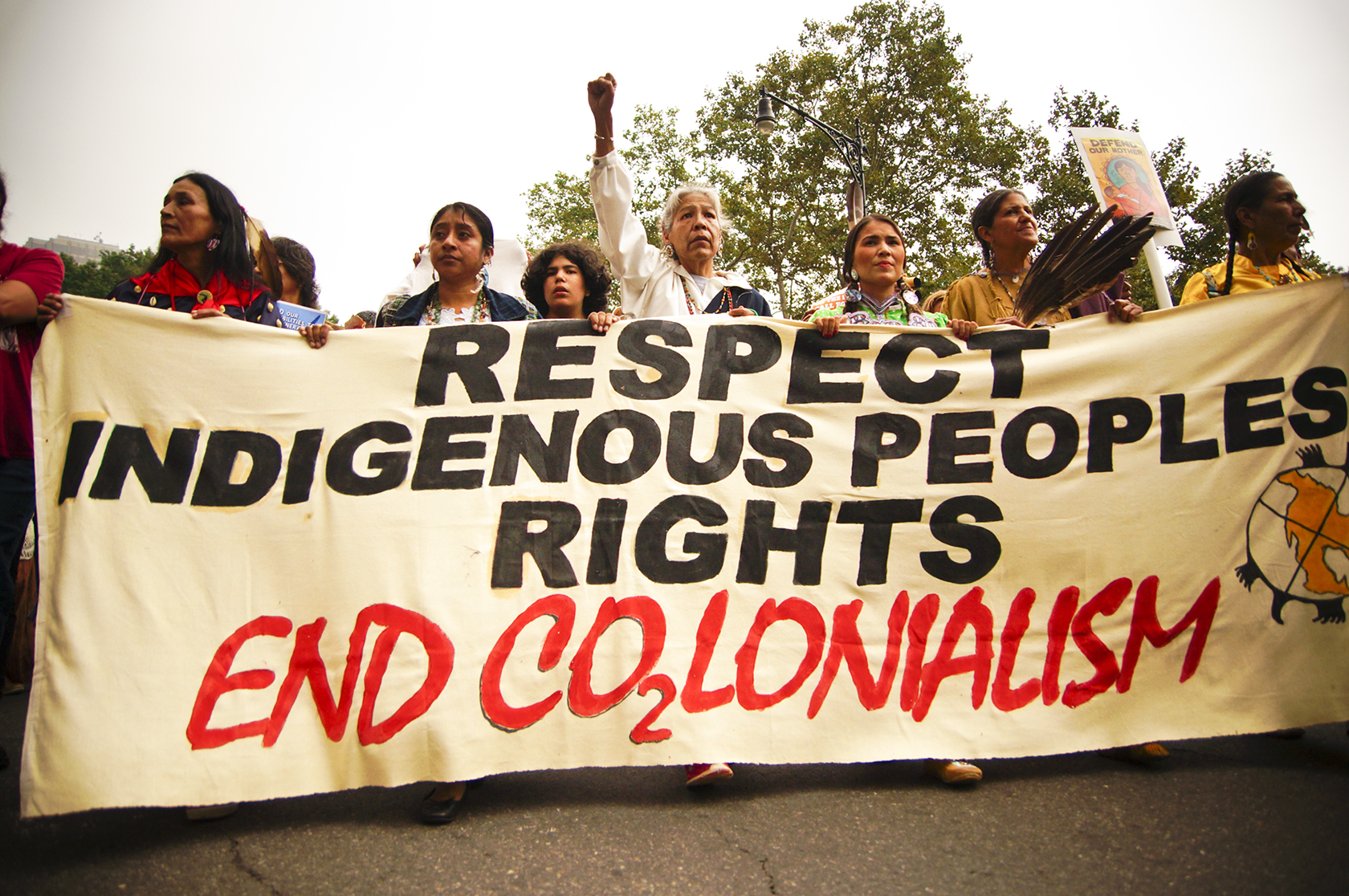
People’s Climate March, September 24, 2014, New York City. Source: Joe Brusky.
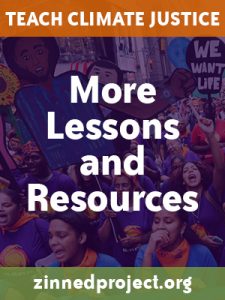 These days, it seems that no place is safe. When we wrote this role play, each of us was living in Portland, Oregon — hardly ground zero for fossil fuel extraction. And yet, fossil fuels have become part of our physical and political landscape. There are still three proposals to bring millions of tons of coal every year down the Columbia River, by barge and rail, to be exported to Asia from Oregon and Washington. Trains filled with highly explosive Bakken Field oil from North Dakota regularly snake through the Portland metropolitan area, and one oil project alone — Tesoro Savage in Vancouver, Washington — would ship up to 360,000 barrels of crude oil every day and require at least four daily mile-and-a-half-long oil-only trains to keep the spigot open. Multiple proposals are still alive to export liquefied natural gas, as well as one of the largest industrial development projects in Portland’s history, to export propane.
These days, it seems that no place is safe. When we wrote this role play, each of us was living in Portland, Oregon — hardly ground zero for fossil fuel extraction. And yet, fossil fuels have become part of our physical and political landscape. There are still three proposals to bring millions of tons of coal every year down the Columbia River, by barge and rail, to be exported to Asia from Oregon and Washington. Trains filled with highly explosive Bakken Field oil from North Dakota regularly snake through the Portland metropolitan area, and one oil project alone — Tesoro Savage in Vancouver, Washington — would ship up to 360,000 barrels of crude oil every day and require at least four daily mile-and-a-half-long oil-only trains to keep the spigot open. Multiple proposals are still alive to export liquefied natural gas, as well as one of the largest industrial development projects in Portland’s history, to export propane.
The paradoxical feature of the fossil fuel industry’s imperial ambitions is that the more that communities are threatened or affected, the more likely these communities are to be drawn into the fight against fossil fuels and for greener alternatives. As we write, 13 Greenpeace activists hang from the St. Johns Bridge over the Willamette River in Portland, and the river itself is filled with “kayaktivists” — water-borne demonstrators — all seeking to block a Shell Oil icebreaker, the Fennica, attempting to make its way to the Arctic to help Shell drill for oil in the Chukchi Sea.
Blockadia: Teaching How the Movement Against Fossil Fuels Is Changing the World lesson roles include:
- A member of New Era Colorado, Boulder, Colorado, United States
- Anti-Coal Activists, Haimen, China
- ecoCheyenne, Northern Cheyenne, Montana, United States
- Swarthmore Mountain Justice, Swarthmore, Pennsylvania, United States
- Our Hamburg, Our Grid, Hamburg, Germany
- “The Warriors of Sompeta” Sompeta, India
- Beaver Lake Cree Nation, Alberta, Canada
Classroom Story
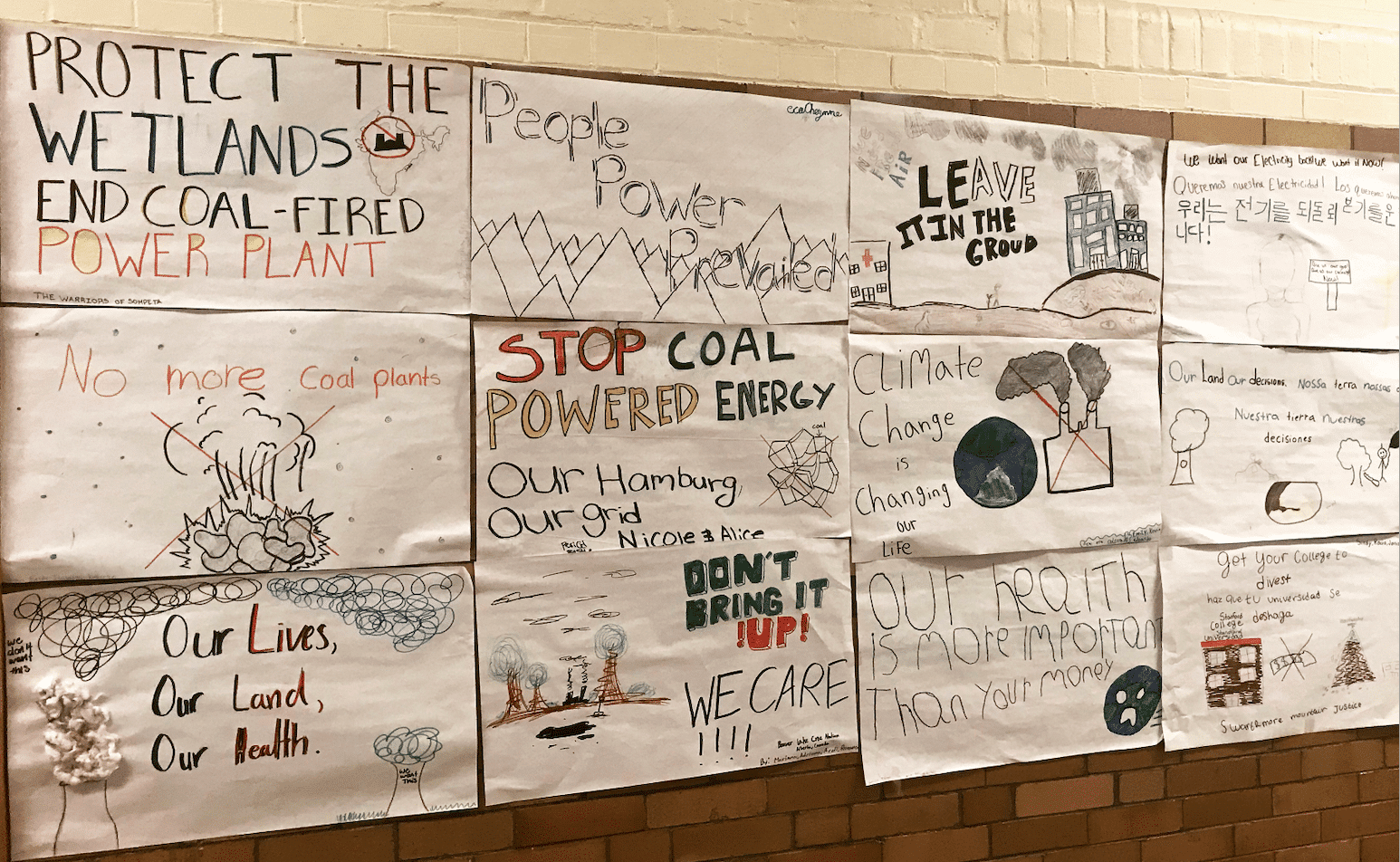
“Our Lives, Our Land, Our Health”
“Our Health is More Important than Your Money”
“People Power Prevailed”
These are some of the quotations from the posters my students made after our Blockadia lesson this past year. I’ve been using resources from A People’s Curriculum for the Earth in my 7th grade science class for some time now, but this was the first year we did the Blockadia lesson. In our Climate Justice unit, I’m always trying to balance the need to impart a true sense of urgency when it comes to the climate crisis while not leading students to despair and defeatism. The Blockadia lesson helped to do just that — show students that when people join together and decide to take action, they really can make change. And not just in a hypothetical way — this is really happening, near and far!
I also used this lesson as an opportunity to teach students about the climate justice fights in our own neighborhood of East Boston, including opposing a proposed Eversource Electrical Substation to be built right next to a playground, and developers paving over grass and next to marsh with little consideration for the environmental needs (or affordable housing needs) of the community.
As a capstone to this lesson, students made posters pretending that they were members of the groups they read about. The words and pictures on these posters are the best testament to the effectiveness of this empowering lesson.
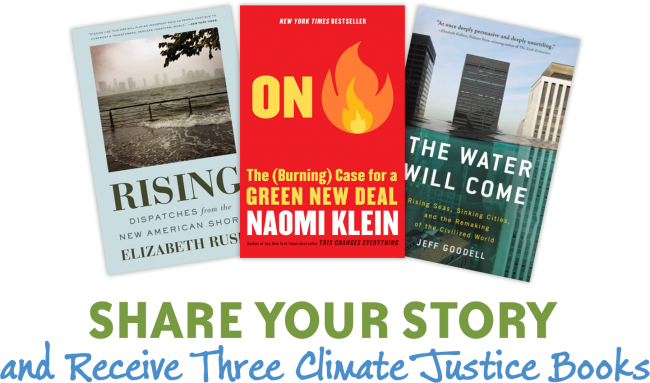

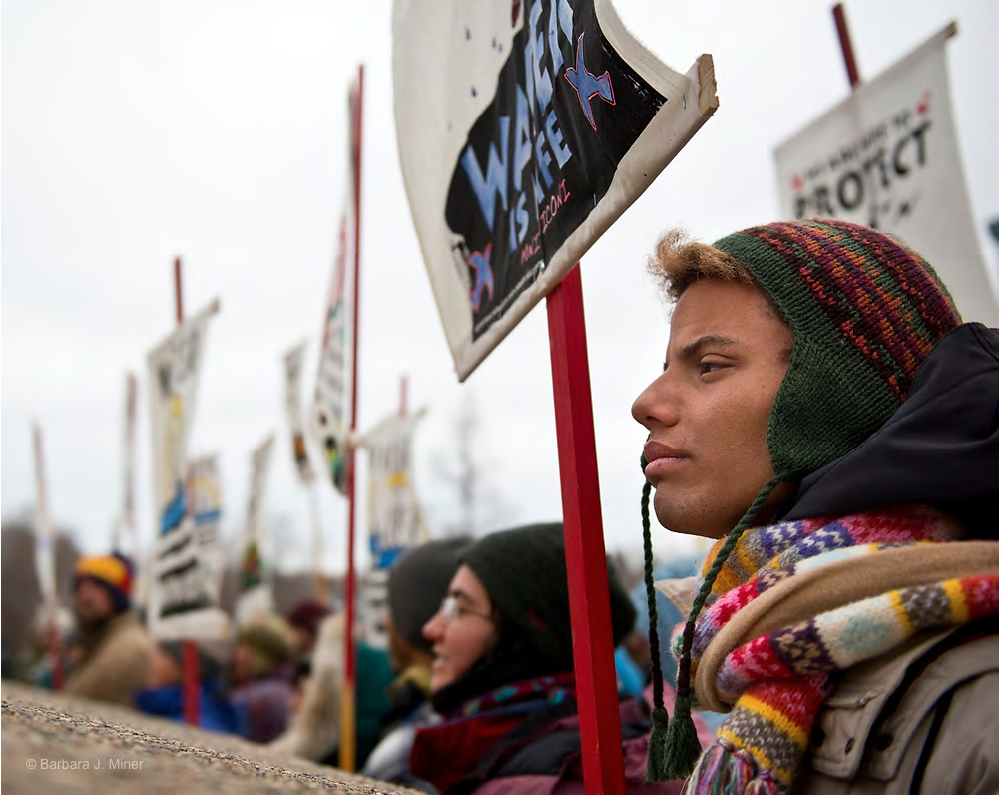
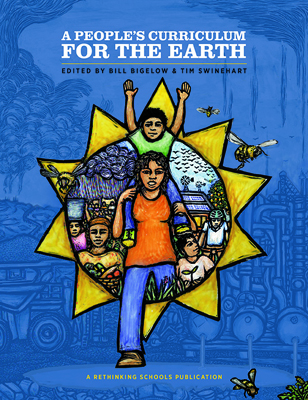
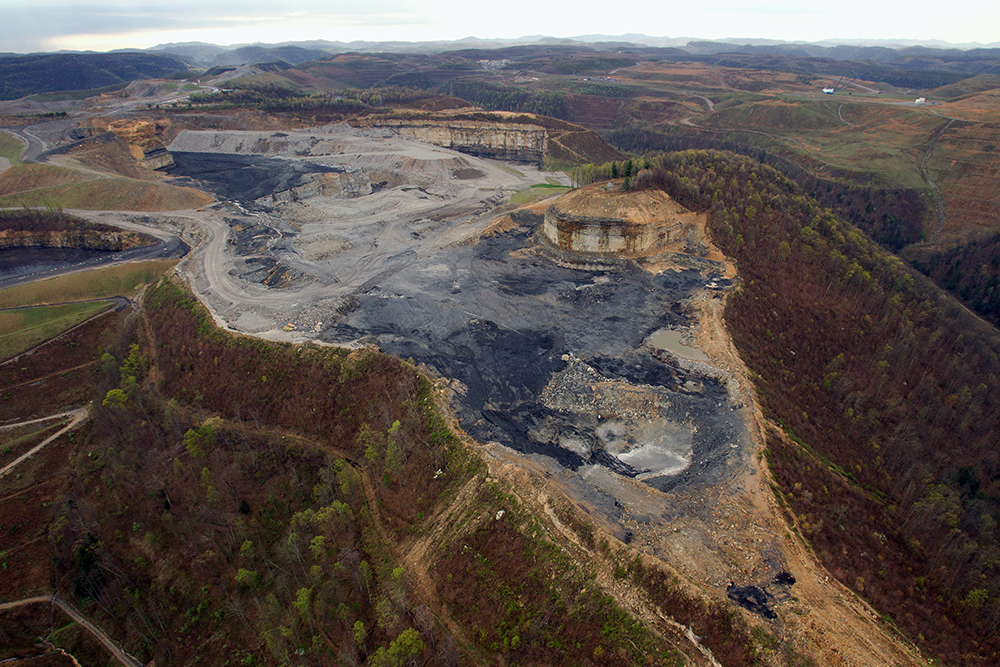
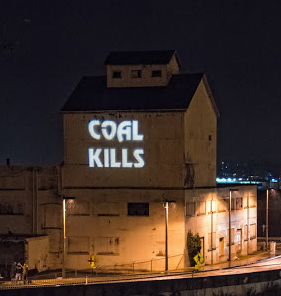
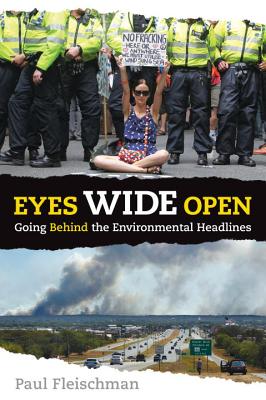






Twitter
Google plus
LinkedIn